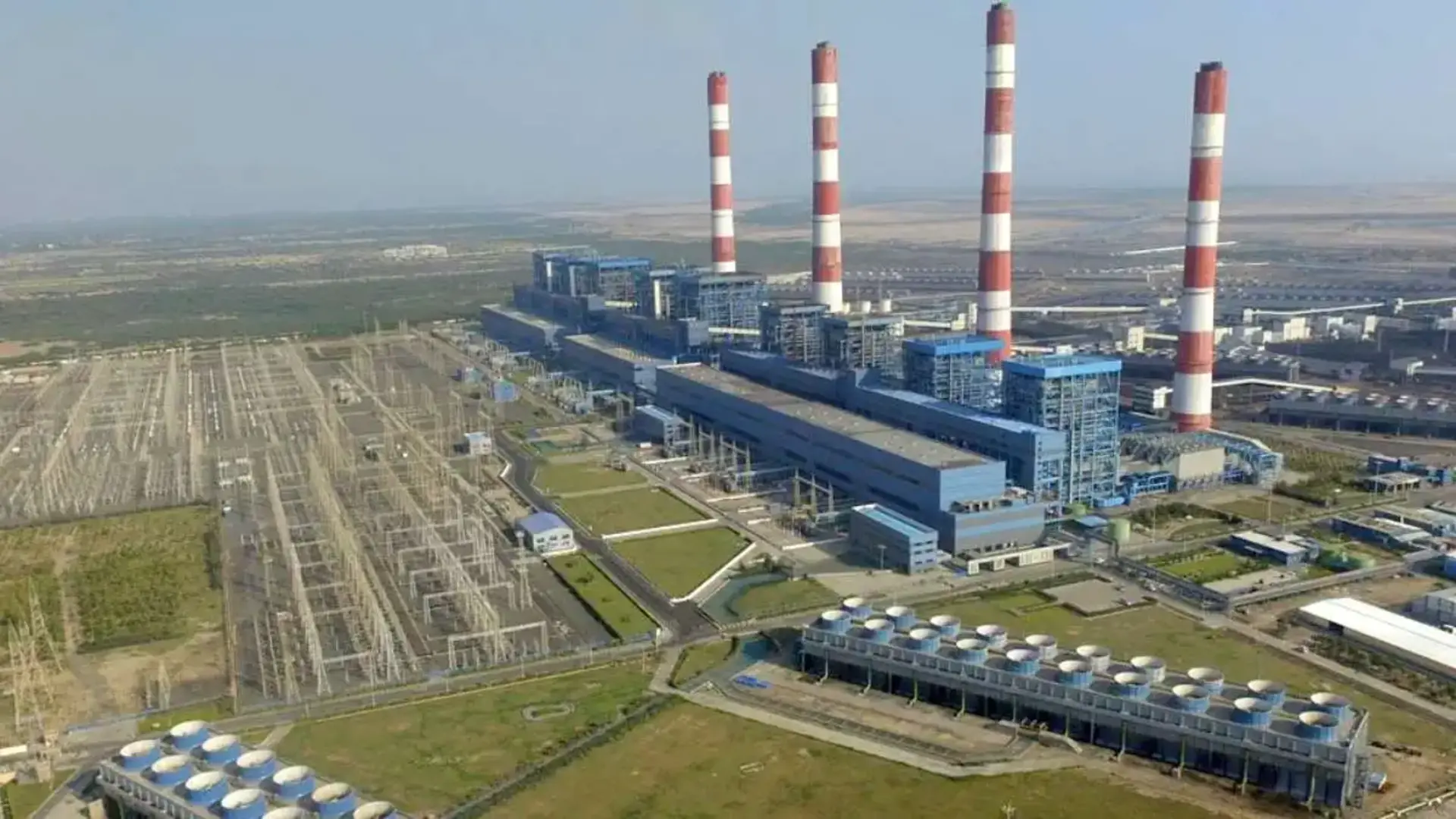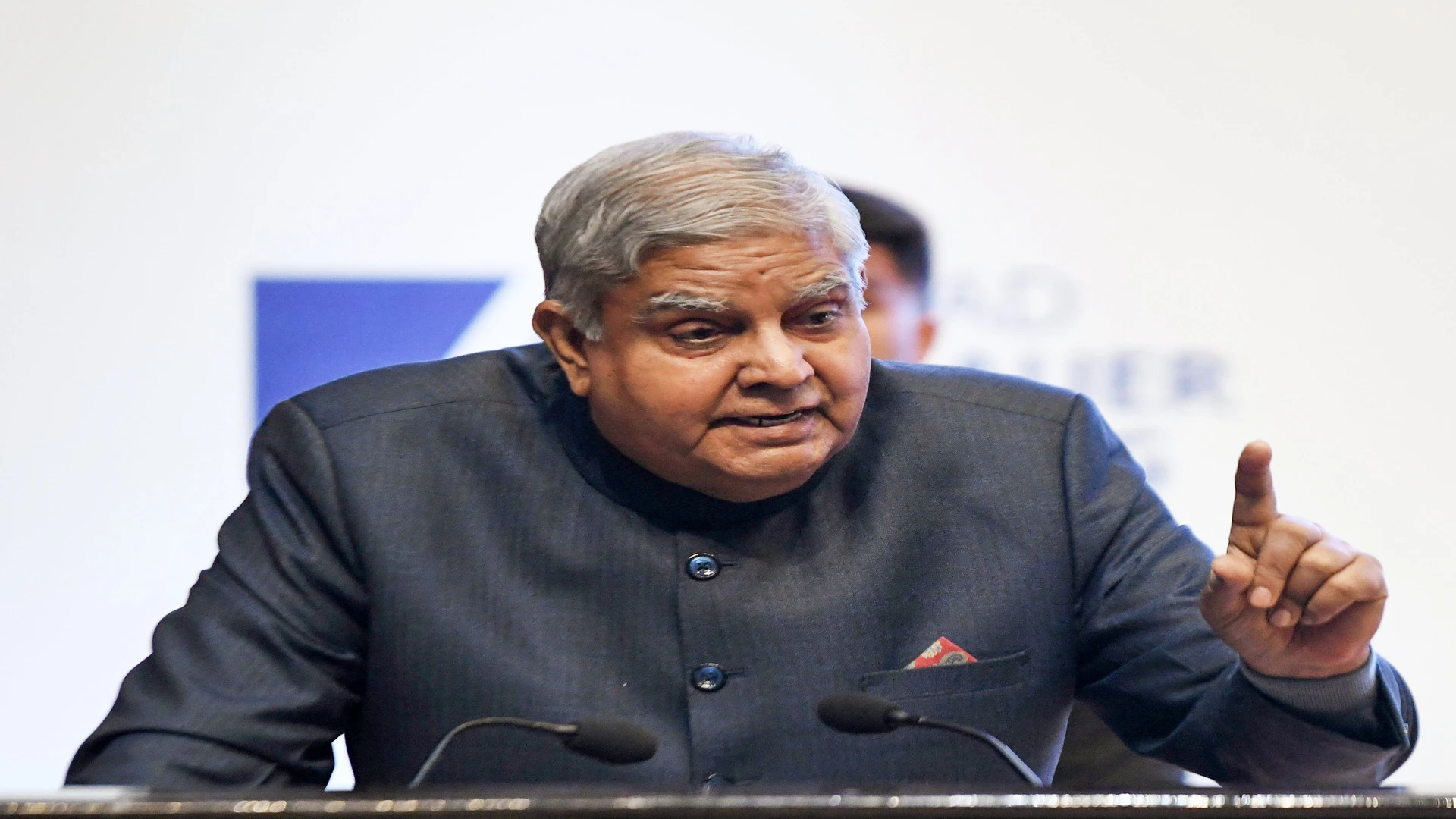Bangladesh has halved its electricity imports from India’s Adani Power, citing reduced winter demand and unresolved payment issues amounting to hundreds of millions of dollars. This development comes as Dhaka grapples with a foreign exchange crisis, prompting cost-cutting measures.
Adani Power operates a $2 billion power plant in Jharkhand under a 25-year agreement signed in 2017. The company had already reduced its supply to Bangladesh on October 31, citing overdue payments.
Md. Rezaul Karim, chairperson of the Bangladesh Power Development Board (BPDB), explained the decision, stating, “Winter demand is now down, so we have told them there is no need to run both units of the plant.”
Reduced Capacity and Rising Dues
The 1,600-megawatt plant has been operating at minimal capacity since November 1, running at just 41.82% capacity last month—its lowest rate this year. One unit remains offline, with no indication of when full operations will resume.
Bangladesh has also struggled to clear its outstanding dues to Adani, with the company owed approximately $650 million as of October, though the total has since grown to $900 million. Payments of $85 million in November and $97 million in October have only slightly alleviated the backlog.
A spokesperson for Adani Power stated, “We are in constant dialogue with senior officials of BPDB and the government, who have assured us that our dues will be cleared soon.”
High Costs and Subsidies
Bangladesh has been paying a premium for electricity from Adani Power. In the fiscal year ending June 2024, Adani charged 14.87 taka per unit, significantly higher than the 9.57 taka average from other Indian suppliers. Retail electricity in Bangladesh is priced at 8.95 taka per unit, forcing the government to provide subsidies totaling 320 billion taka ($2.7 billion) annually.
Power sector adviser Muhammad Fouzul Kabir Khan noted, “Because the prices are high, the government has to subsidize. We would like power prices, not only from Adani, to come down below the average retail prices.”
The move to cut imports highlights ongoing tensions between cost-efficiency and contractual obligations as Bangladesh seeks to balance its financial and energy needs.














